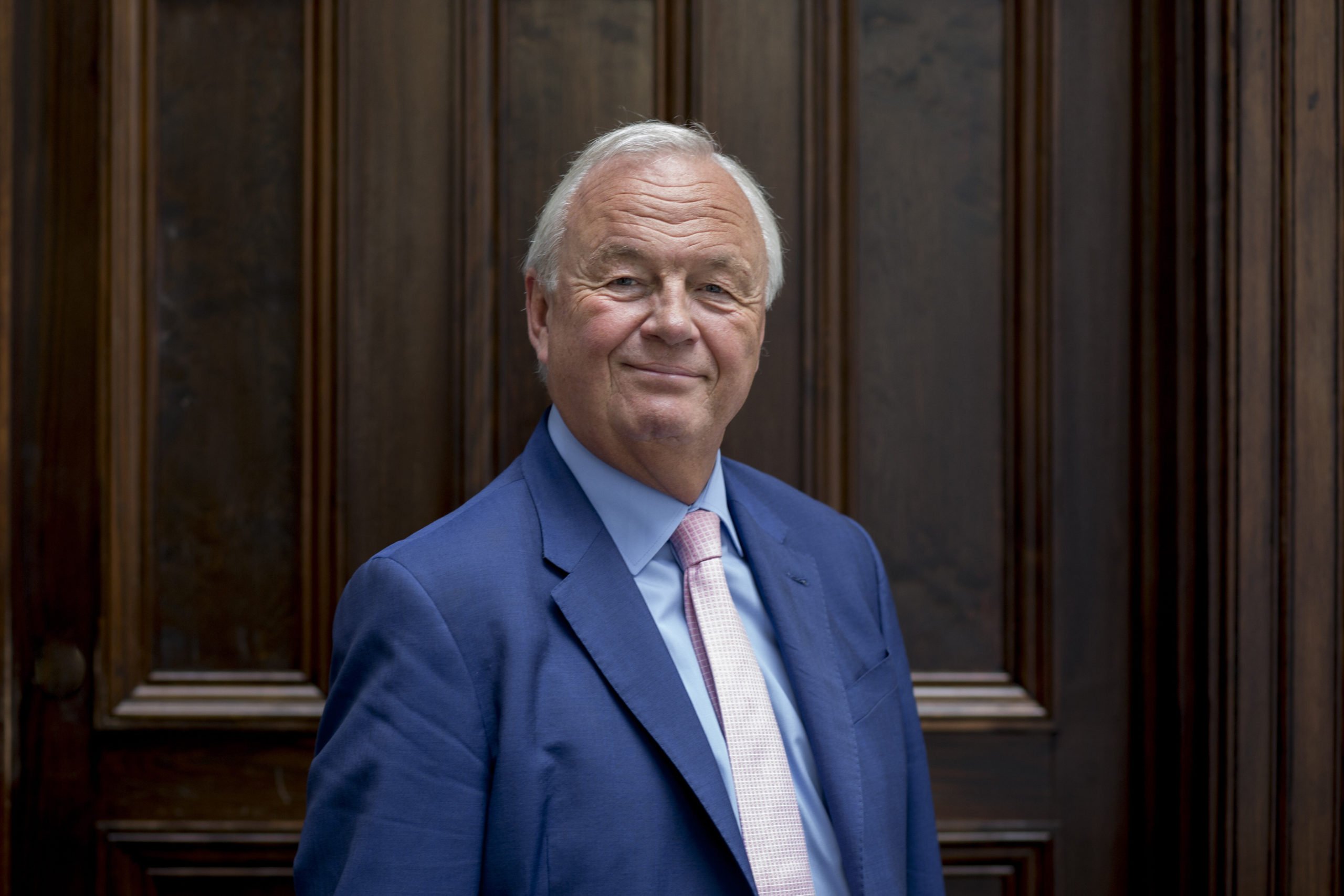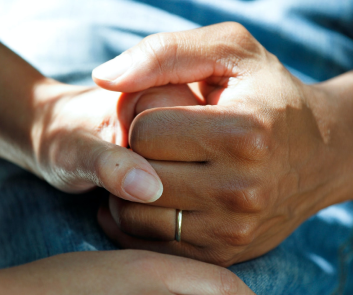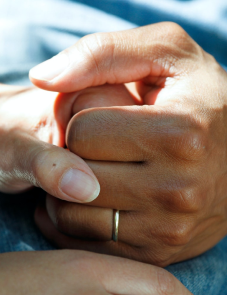Life Ledger’s series of interviews with people working in the bereavement sector in the UK continues with Neil Goulden Chair at St Christopher’s Hospice.

LL: Tell us a little bit about your background and how you came to find yourself in the bereavement sector?
NG: I joined the Sue Ryder Board as a Trustee in 2012 having worked closely on Fundraising Opportunities when they were my company’s nominated Charity of the Year. Sue Ryder run Neuro and hospice centres. We later developed an Online Bereavement Service, and I became Chair of Trustees in 2016. I stepped down after a full 9-year term in July 2021 and was delighted an honoured when invited to become Chair at St Christophers Hospice.
LL: How did St Christopher’s Hospice start?
NG: St Christophers was founded by Dame Cicely Saunders in July 1967. It was the first Modern Hospice focussed on Compassionate Nursing and effective Palliative care. Prior to that people with complex End of Life conditions tended to end their life in NHS hospitals and others would be in Nurse led Hospices, often affiliated to the Church, and providing limited Palliative care. Dame Cecily was a pioneer and an innovator. A qualified medical practioner she had researched the use of Morphine in alleviating pain in end-of-life treatment. From the very beginning St Christophers was an Independent Charity which combined Compassionate Nursing with effective Palliative care support from a team of qualified doctors. It was driven by science and research and was a training ground for Palliative Care professionals, both Doctors and Nurses. And so, the Modern Hospice movement was born.
LL: What is the main aim of St Christopher’s Hospice
NG: St Christophers mission was, and remains to this day, to provide help and support, both medical and emotional, to people who are approaching the end of their life, and to support their families. We do this by providing support when and where they need it. Time and Place are vitally important to dying people. We provide support inside the Hospice to both in patients and outpatients but also in the community, at home, and in Care Homes. Whenever and wherever is our motto. A typical journey may start with a referral and treatment and support at home to the patient and their family, move on to Outpatient treatment and then perhaps as an In Patient but always the choice is the Patient’s.
LL: What have been the biggest challenges the Hospice has faced to date?
NG: In 1967 Palliative Care was in its infancy so the biggest challenge was education of the public and gaining acceptance from the medical community, and the small matter of raising the Funds to build the Hospice in Sydenham. More recently we have faced the challenges of Covid and providing continuity of care through the last two years and now in dealing with the chronic shortage of nursing and care staff in the UK.
LL: What do you feel have been St Christopher’s Hospice’s biggest successes to date?
NG: St Christophers has always been an innovative healthcare organisation which combines care with research, and teaching. I can highlight 4 important innovations pioneered by St Christophers. Firstly, the recognition by The Royal College of Physicians of Palliative Care as a speciality in its own right in 1987, led Dr Gillain Ford, Director of Studies at St Christophers. Second pioneering Hospice at Home care in the community. Thirdly developing The Lantern Model for compassionate Nursing Care. And last, but not least, the setting up of the first Hospice based Bereavement Service and developing the “Phases of grief” model.
LL: Where would you ideally like to see St Christopher’s Hospice in ten years’ time?
NG: In 2021 St Christophers opened its new CARE (The Centre for Awareness and Response to End of Life). A £5m in investment in our future as a Research driven, learning and teaching, organisation. Clinicians from all over the world visit St Christophers in person and virtually and attend our award-winning seminars and courses. The new CARE building is central to our ambition to continue to provide exceptional Care and Support to our community in South East London and to influence End of Life Policy Nationally and Internationally, through Research; Education and Advocacy.
LL: What do you feel is the single biggest issue currently facing the hospice sector?
NG: As always, the biggest challenge facing St Christophers, and the Hospice wider Sector, is income. Demand for our services continues to outstrip our ability to supply those services. The recent Pandemic has emphasised, to Government and the NHS, the huge value provided by Hospices in the UK. Yet still only 35% of our income comes from NHS and Local Govt commissioning. The remaining 65% comes from our own Fundraising activity and the wonderful support of the public. We could do more for more people in need of our services if the percentages were reversed. So, for every £1 we would get 65p from the NHS.
LL: Which other organisation/s or people really impress you in the end of life and bereavements sectors?
NG: I admire the pioneering work of Cicely Saunders, Sue Ryder, and Marie Curie. Now is the time to harness that in a collaborative way and work together to take the Hospice movement in the UK into a bright new future. It is not a competitive situation, and we should honour our Founders by working better together for the benefit of all 200+ Hospices in the UK.



